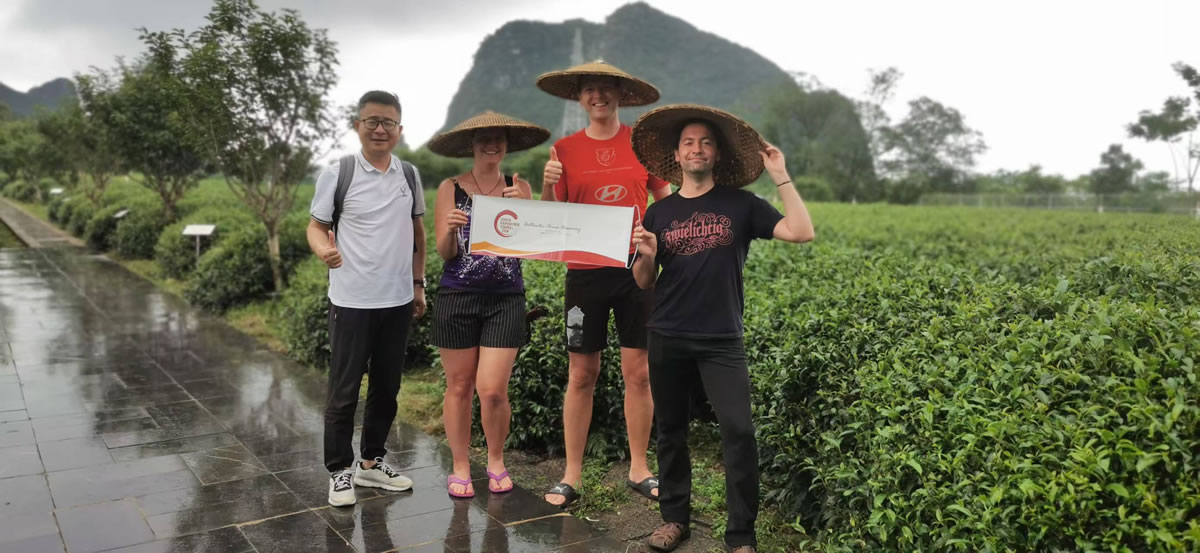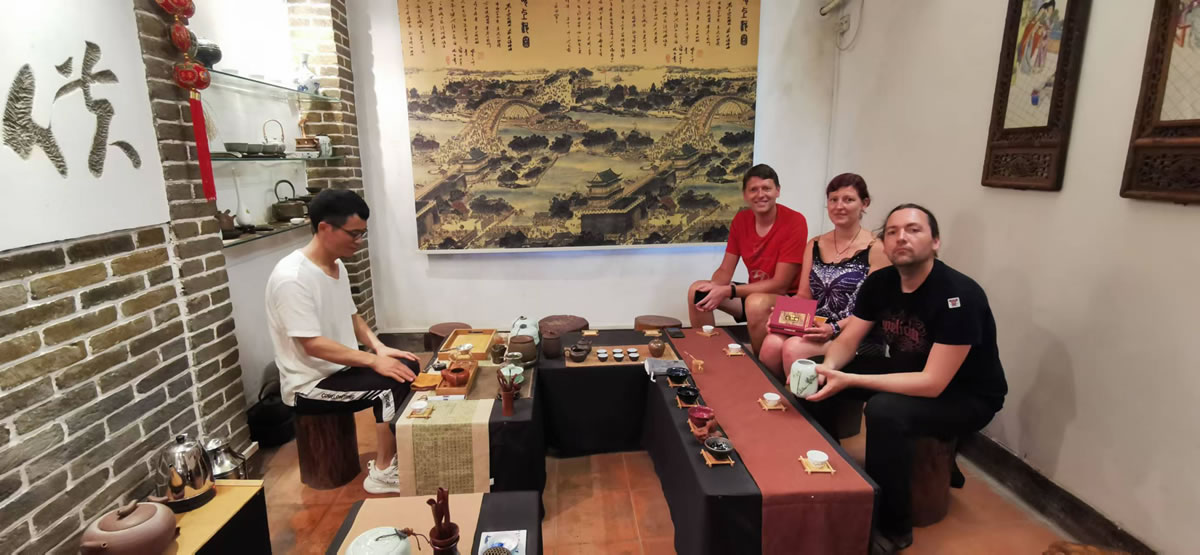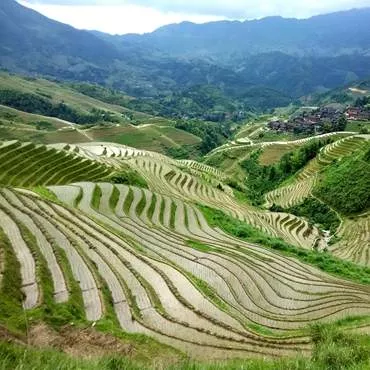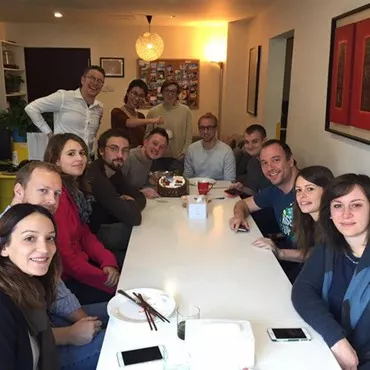Guilin Tea Science Research Institute of Guangxi

The Guilin Tea Science Research Institute of Guangxi stands as the only provincial-level applied tea research institution in the region, a public welfare organization that has been advancing tea science since its founding in April 1979. Tracing its roots back to the Guilin Tea Demonstration Farm established in 1966, the institute is nestled within the picturesque Yao Mountain Scenic Area at No. 17 Jinji Road, Guilin City. It operates under the auspices of the Guangxi Department of Agriculture and the Department of Science and Technology, with a mission to develop new tea tree varieties, disseminate innovative tea cultivation techniques to local farmers, and scientifically validate the medicinal properties of various teas.

The institute’s primary focus lies in the research, development, and promotion of tea tree varieties and associated technologies. It also delves into tea cultivation practices, pest and disease control, tea processing, and the development of new tea products, offering comprehensive technical services in these areas. Since its inception, the institute has achieved 55 scientific and technological breakthroughs, secured 11 invention patents and 6 utility model patents, and successfully bred 5 nationally recognized tea varieties and 1 autonomous region-level variety, along with 28 excellent strains. As the backbone of the National Tea Industry Technology System’s Guilin Comprehensive Experiment Station, it leads the Guangxi Tea Innovation Team and the Guangxi Tea Industry Service Group, serving as a Guangxi Tea Science Education Base. The institute has made significant contributions to the development of the tea industry and the prosperity of local farmers. Among its renowned research products are Guilin Maofeng Tea, Guilin Red Leaf Tea, Liubao Tea, Osmanthus Tea, Jasmine Tea, Silver Needle Tea, and Iced Oolong Tea. Remarkably, it was the first in Guangxi to establish a pesticide-free tea production base, ensuring no chemical fertilizers are used, thereby promoting public health.
Spanning 40 hectares, the institute and its tea plantation have a rich history dating back to the Ming Dynasty when it was a royal tea garden. Situated at the foot of the scenic Yao Mountain, the site offers visitors a chance to experience the quintessential charm of Guilin's tea landscapes. During the tea-picking season, guests can observe up close how tea farmers meticulously hand-pick tea leaves and even participate in the process under the guidance of skilled tea artisans, learning the proper techniques for harvesting. Through expert explanations, participants can also gain insights into the best seasons for tea picking, discover the variety of teas that can be harvested from a single tea tree, and identify the finest teas of each season. Visitors can witness traditional handmade green tea processing methods, learn about the evolution of green tea production, and, through the tea artisans' explanations, explore the processing techniques and characteristics of other types of tea, truly appreciating the labor and dedication that goes into every cup of tea. Moreover, guests can enjoy traditional Chinese tea ceremonies, savor the most distinctive teas of Guilin, and learn how to brew a perfect cup of tea. They can also acquire essential tea-tasting etiquette, such as the finger-tapping gesture when receiving tea, the proper way to hold a tea cup, and the health benefits of various teas.
















